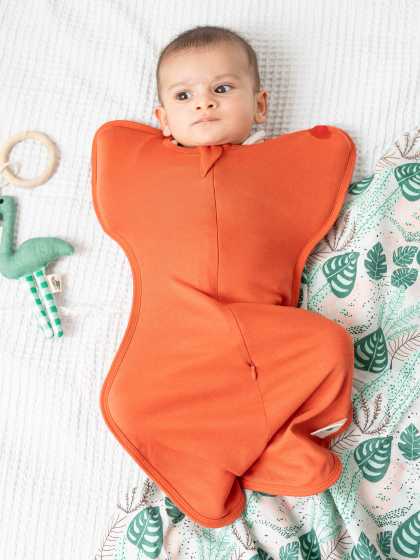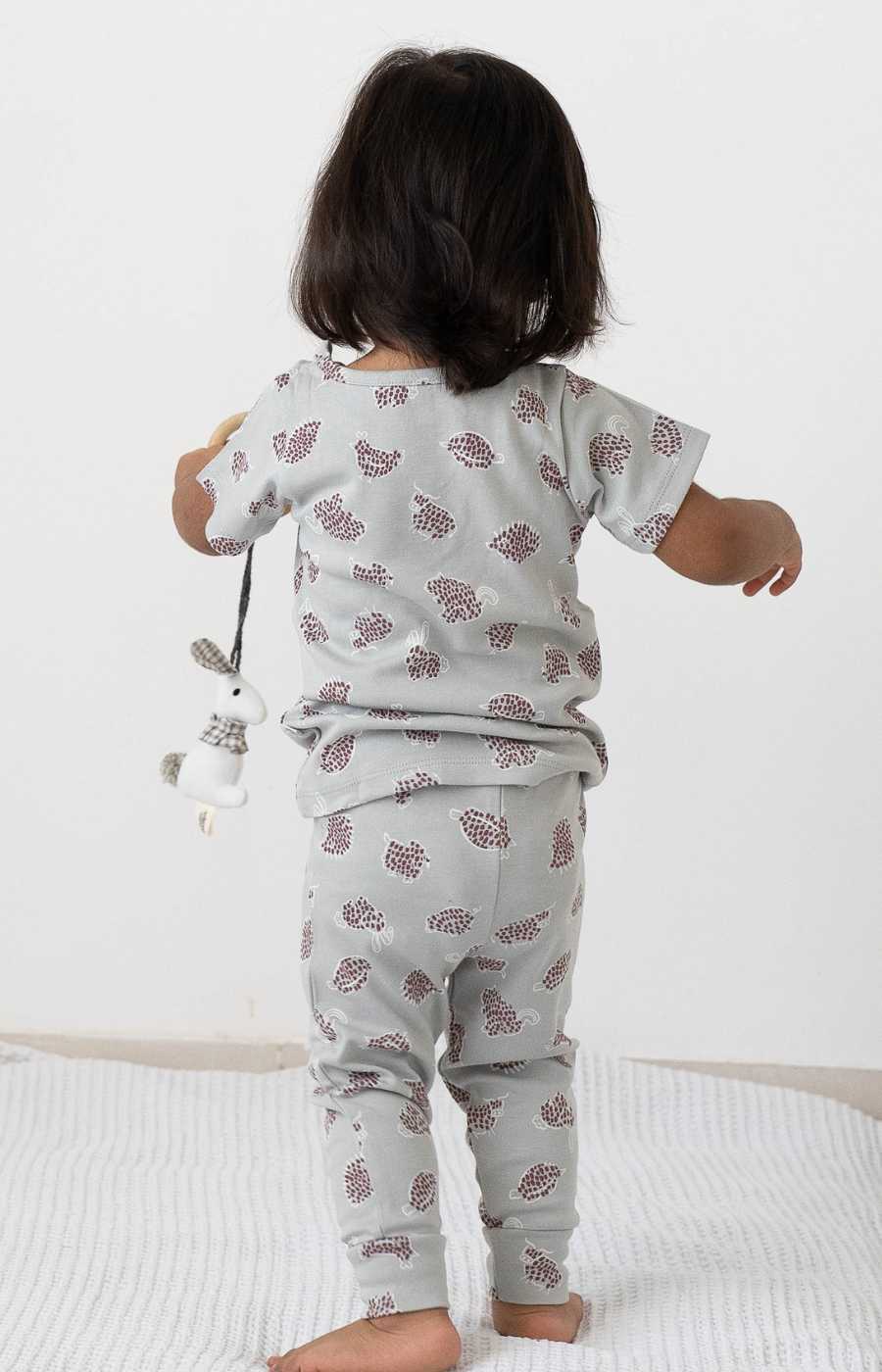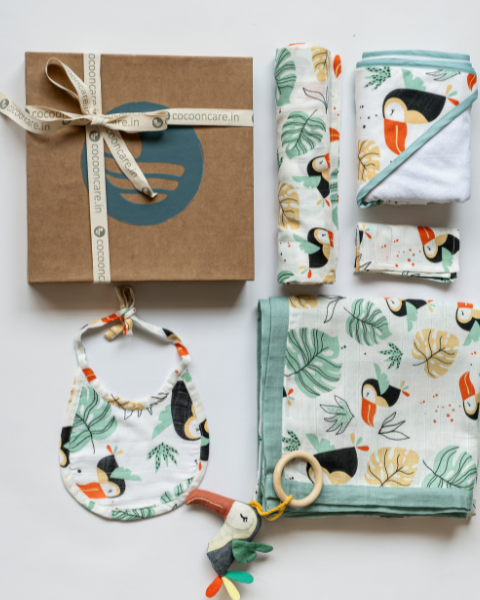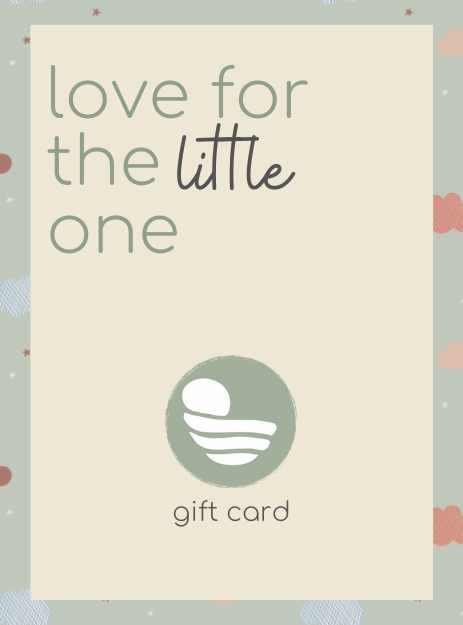Choosing the first solid food for your infant can be so much fun, and we are here to help you through it. However, it is always good to consult your doctor if you have concerns about certain allergies or your baby’s readiness for solids. Besides this, it is very important that you give your child 32 ounces of breast milk or formula to keep their nutritional requirements replenished.
How To Introduce Solids To Babies?
Here is how you can introduce solid food to your baby:
Start Simple
When the time is right, begin with single-grain foods. You can mix 1-2 tablespoons of breast milk, formula, or water and feed the concoction to your baby with a small baby spoon. Avoid adding the food to a bottle to prevent excessive weight gain. Let your baby practice eating from a spoon and encourage them to recognize when they’re full.
Try Something New Gradually
Once your baby starts liking the first food, try introducing puréed fruits, vegetables, beans, lentils, or yoghurt. Introduce one food at a time. As a general rule of thumb, wait at least 2-3 days before trying something. This will give you ample time to monitor allergic reactions to any specific food in your little one. If your baby doesn’t like a certain food, you can try offering it again in a week’s time.
Keep An Eye Out For Allergies
Foods that commonly cause allergies are peanuts, eggs, cow’s milk, etc. If you or anyone in your family happens to have these allergies, it would be a good idea to consult your doctor about introducing them to your little one.
Know What To Avoid
Steer clear of foods with added sugars or no-calorie sweeteners, high-salt foods, honey, and unpasteurized juice, milk, yoghurt, or cheese. Avoid regular cow’s milk or soy drinks before 12 months. Make sure that you avoid foods that might cause choking hazards, like raw carrots, grapes, popcorn, or nuts. Do not give fruit juices to infants under 12 months.
Start Giving Water
Introduce water to your baby around 6 months, when they start solid foods. You can make
them have small sips from a sippy or open cup. Keep water intake minimal to avoid reducing their appetite for breast milk or formula.
We hope you enjoyed learning about how to start solid food for your baby. We truly believe that childhood is a magical time, and each milestone needs to be celebrated and cherished! Talking about magic, if you want your little ones to look as cute as a button while they ace their milestones, Cocoon Care's amazing collection of feeding essentials will be perfect for you.
Happy Shopping!
FAQs On the Right To Introducing Solids To Infants
1. How long after solids should I give milk?
A: A healthy balance needs to be struck between solid foods and milk, with milk being your baby's first preference. Consequently, until your kid is eight months old, you must nurse him/her adequately, besides giving solid food.
2. How much solid food should the baby start with?
A: Until your baby learns to swallow, you must offer him one to two tablespoons of solid food at a time. Try increasing the amount of food as your baby's appetite and interest grows. However, remember to nurse him as well.
3. Does the baby drink less milk when starting solid food?
A: Yes, the baby's intake of breast milk or formula milk steadily decreases after he/she begins to eat solid food. Having said that, 32 ounces of breastmilk should be consumed till 8 or 9 months. And the consumption drops to 28 to 30 ounces per day up beyond that till the first birthday.
4. When should I worry about my baby not eating solids?
A: Usually, babies object to eating solids at first, but if this pattern continues past eight months, it should be checked by a paediatrician. Having said that, each child has his/her own pace, and eventually, they all come around to enjoying their favourite foods!













